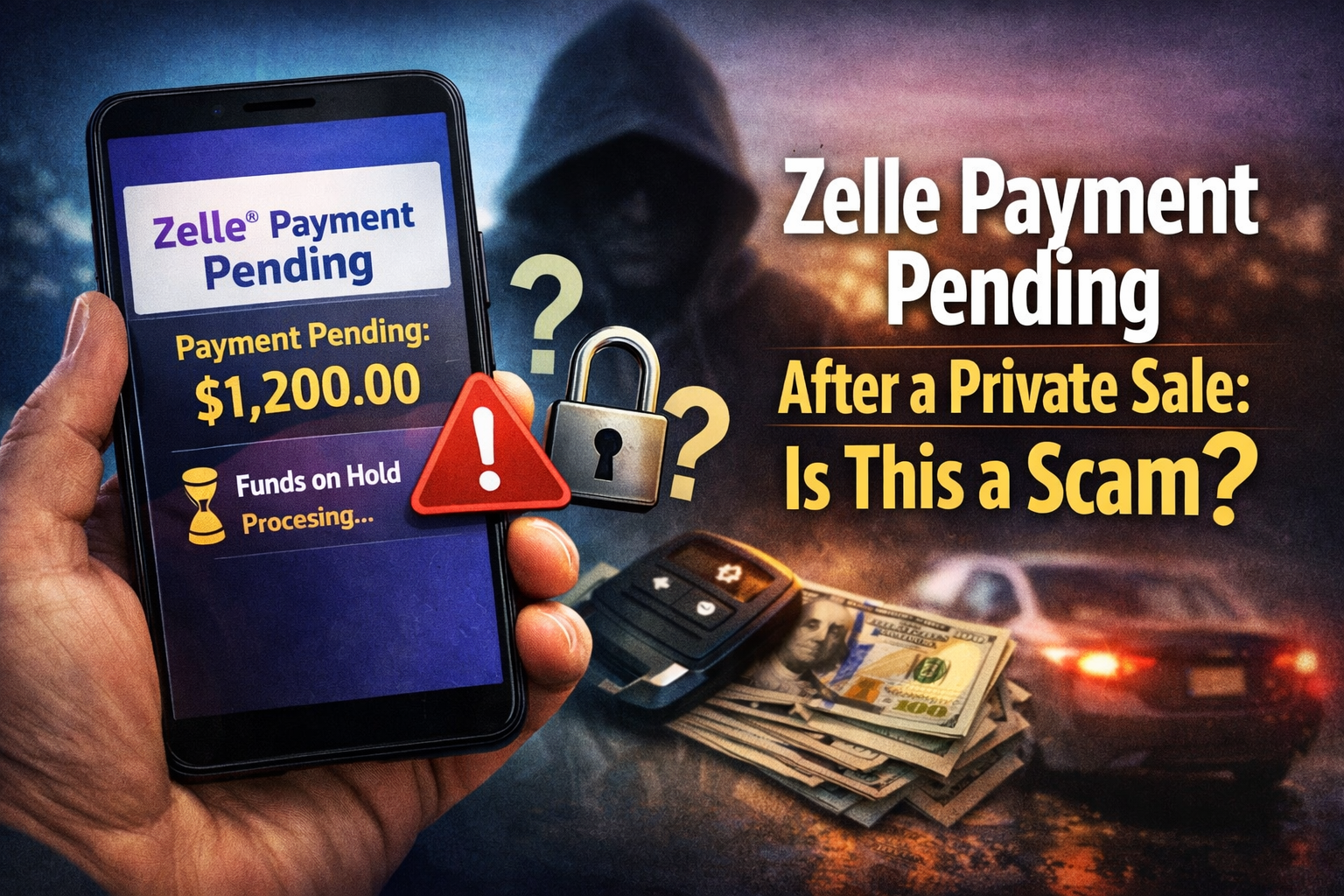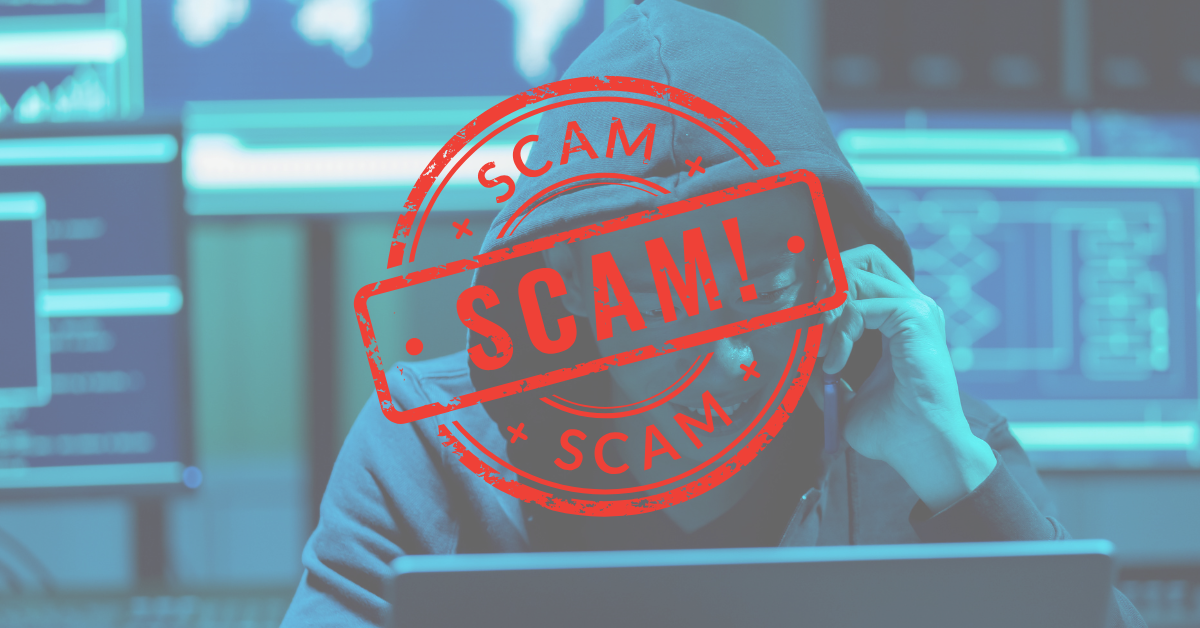Coinbase is a highly popular platform for cryptocurrency trading. However, its popularity has also made it a prime target for scammers. Many users have reported various Coinbase scams, including phishing attempts, fake mining schemes, and fraudulent charges. In this coinbase scams article, we will explore different types of Coinbase global scams and provide tips on how to stay safe.
Common Coinbase Scams
· Coinbase Mining Scams
One of the most prevalent frauds is the Coinbase mining scams. Scammers claim that users can earn significant profits by participating in a Coinbase wallet mining scam or Coinbase wallet mining pool scam. These scams often require users to send funds to an external wallet, promising high returns. In reality, these scammers disappear with the victims’ money.
· Coinbase Liquidity Mining Scam
The Coinbase liquidity mining scam is another variation where fraudsters trick users into depositing funds into a fake liquidity pool, promising lucrative earnings. Victims never receive any returns, and their funds become inaccessible.
· Coinbase Account Scams
Users have reported various Coinbase account scams in which scammers create coinbase fake account to impersonate legitimate users or support staff. These fraudulent accounts often trick users into sharing sensitive information, leading to unauthorized access and withdrawals.
· Coinbase Email Phishing and Fake Emails
Scammers send a Coinbase fake email appearing to be from the official platform. This Coinbase email scam leads to stolen credentials and unauthorized access to funds. Users should be cautious of Coinbase email spam and verify all communications directly through the Coinbase website.
· Coinbase Fraudulent Charges
Some users have reported Coinbase fraudulent charges on their accounts. Scammers gain access through phishing scams or hacked accounts and conduct unauthorized transactions.
· Coinbase Global Email Scam and Employment Scams
The Coinbase global email scam is another method scammers use to deceive users. Fraudsters send official-looking emails claiming to be from Coinbase Inc scams, asking users to provide sensitive information.
Additionally, the Coinbase employment scam targets job seekers, where fraudsters post fake job listings or send job offers requiring applicants to pay an upfront fee or provide personal details. These scams aim to steal money or identity information.
· Coinbase App Scam and Coinbase Com Scam
Once entered into fake Coinbase apps and websites, such as the Coinbase app scam and Coinbase com scam, scammers steal this information to access the victim’s Coinbase account.
· Coinbase DeFi Mining Scam
With the rise of decentralized finance (DeFi), scammers have created a Coinbase DeFi mining scam, promising users high returns on their crypto investments. These scams often operate as Ponzi schemes, paying early investors with funds from new victims before collapsing.
Is Coinbase a Scam?
Many users wonder if Coinbase is a scam or Coinbase is it a scam. The truth is that Coinbase itself is a legitimate and regulated company. However, scammers exploit its name to conduct fraudulent activities.
How to Protect Yourself from Coinbase Scams
- Verify Emails and Websites: Always check the sender email address and ensure you are on the official Coinbase website before entering credentials.
- Do Not Share Private Keys or Passwords: Coinbase will never ask for your login details or private keys.
Conclusion
While Coinbase is a legitimate platform, fraudsters use its name to conduct scams such as Coinbase account scam, phishing attempts, fraudulent charges, and fake employment offers. By following security best practices, users can protect their assets and avoid becoming victims of fraud. Always verify information and stay cautious when dealing with cryptocurrency transactions. Start your recovery journey today with scamsreport.net.






